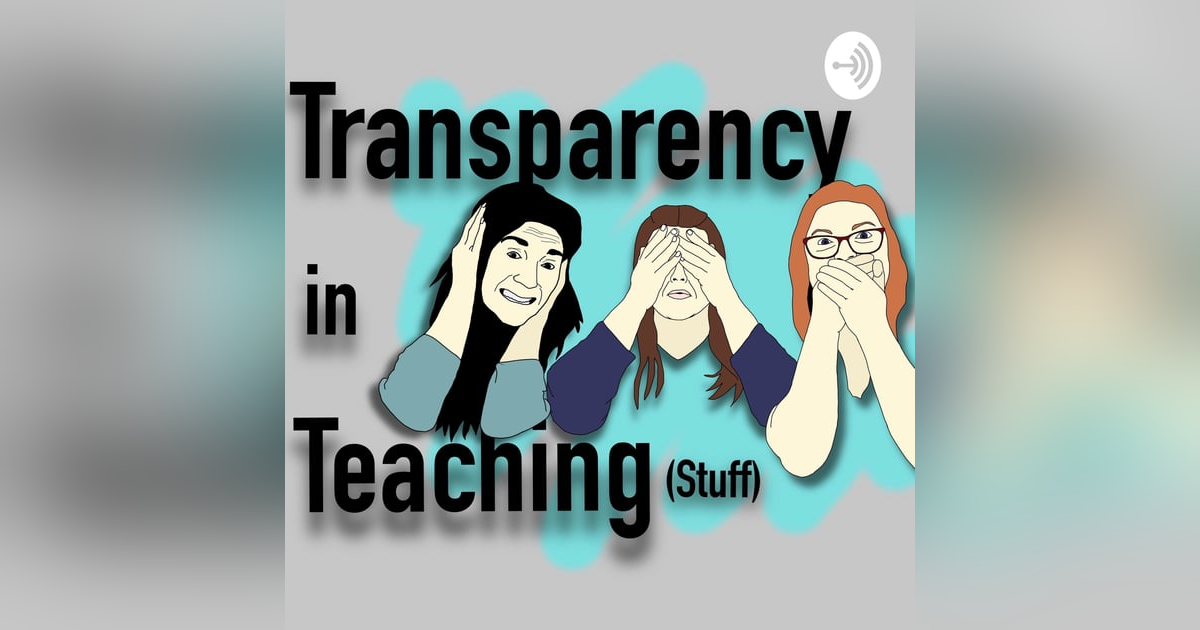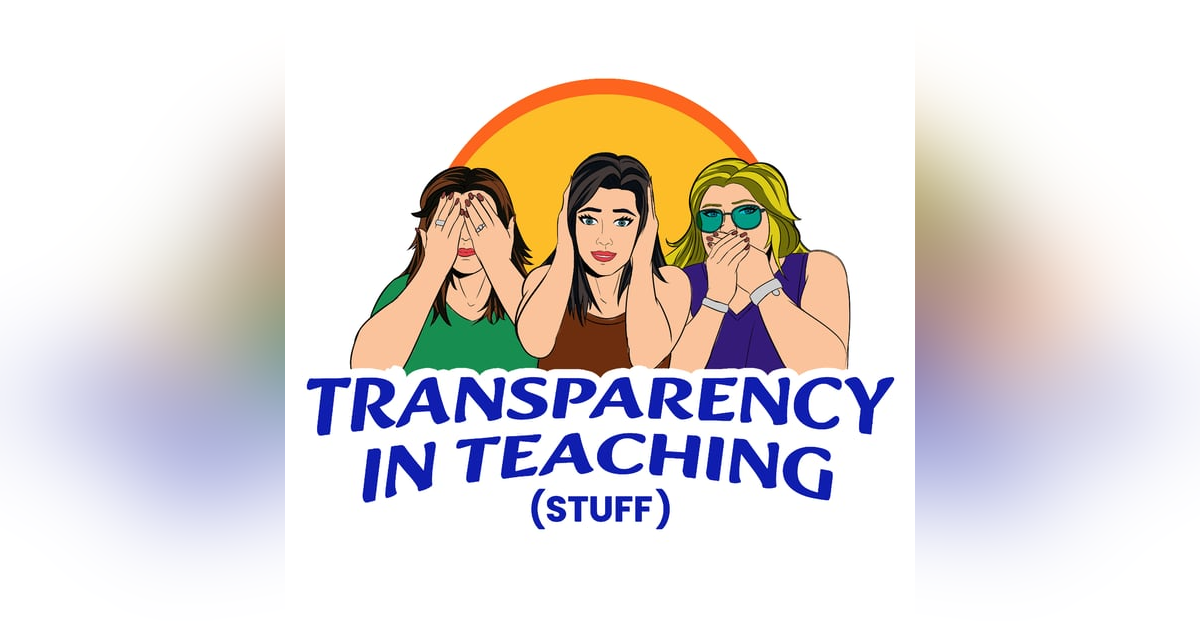June 12, 2023
Mastery Learning: What are teachers Really Grading?

The current grading system used in education has been in place for over a century, but it is becoming increasingly clear that it needs reform. In this episode, Jen and Anne discuss the current system's flaws, such as grade inflation, subjectivity, and the lack of standardization. They talk about how students are rewarded for completing assignments or even just showing up rather than demonstrating mastery of the material. They highlight the difficulty of determining what exactly to grade and how to fairly assess student performance. Finally, we argue for adopting mastery learning grading methods to better support student learning.
One of the main issues with the current grading system is grade inflation. Students are often given high grades for simply completing assignments, regardless of the quality of their work. This leads to a false sense of achievement and can be detrimental to their learning in the long run. It's a system that rewards "seat time" over the actual demonstration of knowledge.
Another problem with the current grading system is subjectivity. Teachers can have different standards for what constitutes an A or a B grade. This can lead to unfairness and inconsistent grading, which can be especially problematic for students competing for college admissions or scholarships.
An evaluation system based on Mastery learning could be a better alternative to the current grading system. This system would focus on student mastery of the material rather than just completing assignments. Teachers would work with students to help them achieve true mastery of the material, and grades would be based on demonstrated proficiency rather than subjective factors.
It is obvious that the current grading system needs reform. Grade inflation, subjectivity, and lack of standardization are all issues that must be addressed. A mastery learning system could be a better alternative to the current grading system, as it would focus on student mastery of the material rather than just completing assignments. By rethinking grading, we can better support student learning and help students achieve their full potential.
For a list of all the resources used in this episode, visit TransparencyinTeaching.com
---
Send in a voice message: https://podcasters.spotify.com/pod/show/transparencyinteaching/message
Support this podcast: https://podcasters.spotify.com/pod/show/transparencyinteaching/support






